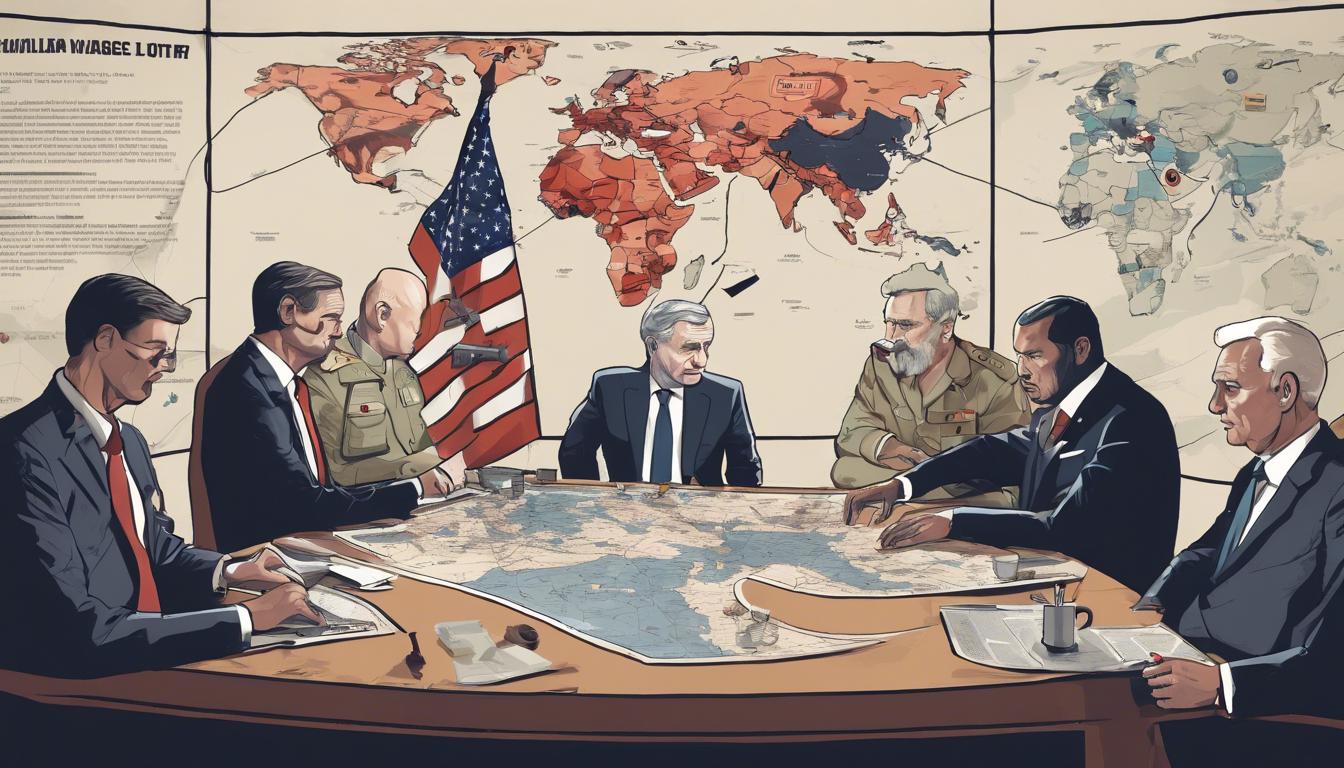Former UK Defence Minister Tobias Ellwood and other global leaders react to Iran’s direct missile attacks on Israel, discussing strategic responses and the importance of diplomatic efforts in curtailing regional conflicts.
Former UK Defence Minister Tobias Ellwood recently called attention to Britain’s role in managing Iran’s influence in the Middle East, emphasizing the UK’s historical ties to the region. His remarks came after Britain intercepted Iranian missiles aimed at Israel, signaling Iran’s increased direct aggression previously carried out through proxies like Hamas and Hezbollah. Ellwood stressed the need for strategic patience and diplomatic solutions to prevent further escalation.
In the US, President Joe Biden met with Iraqi Prime Minister Mohammed Shia al-Sudani to discuss escalating Middle East tensions following Iran’s attack on Israel. The discussions, previously intended to focus on U.S.-Iraq relations, expanded to include the impacts of Iranian proxy groups in Iraq and broader regional stability.
UK Chancellor Rishi Sunak condemned Iran’s recent direct military assault on Israel, describing it as a significant escalation of conflict. In response, the UK and other G7 nations have pushed for diplomatic restraint and discussed measures to pressure Iran. The UK has reaffirmed its unwavering support for Israel’s security, with the RAF shooting down Iranian drones in defense of Israel.
Additionally, RAF jets were redeployed from Romania to Israel following the escalation. This redeployment, prompted by Iran’s actions, has sparked discussions about UK defense budget allocations and the distribution of resources amid global instability.
In Israel, military chief Lt. Gen. Herzi Halevi confirmed that Israel would retaliate against the Iranian missile strike, which targeted and damaged the Nevatim air base. This incident follows heightened tensions, including an Israeli strike in Syria that killed two Iranian generals, contributing to the strained relations between Israel and Iran.













